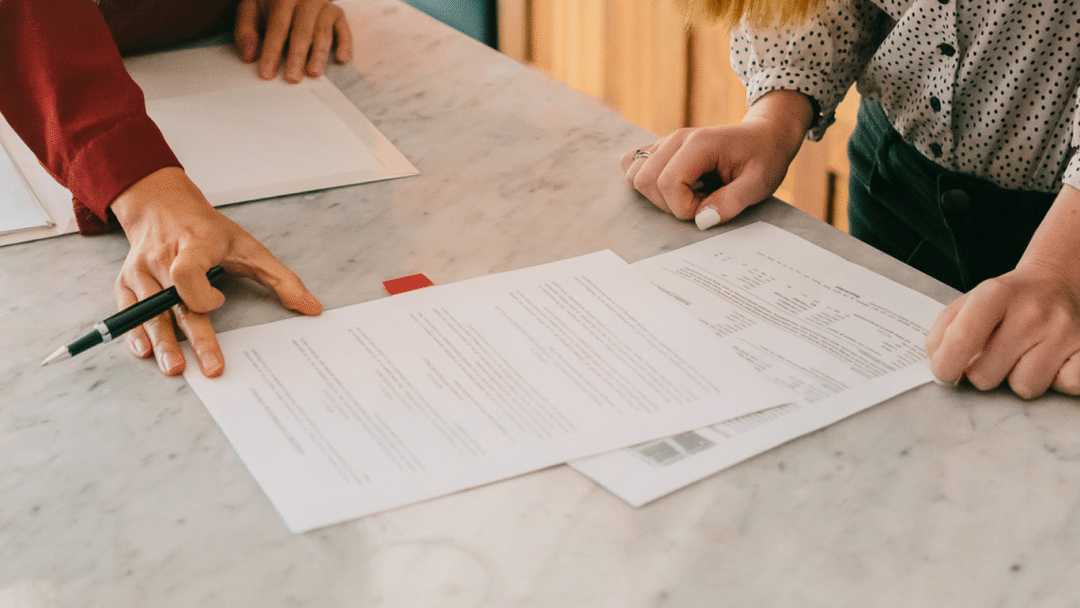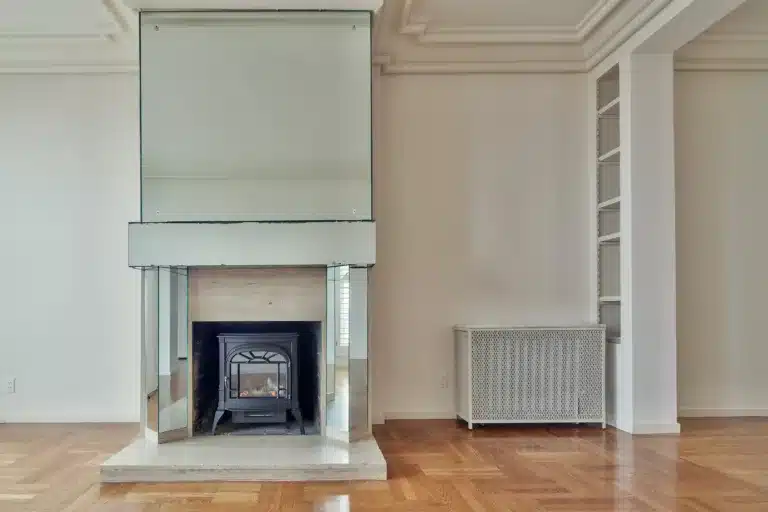The house-hunting shows on television make it look so simple: decide to buy a home. Stroll through a few open houses, fall in love with the perfect place, sign some papers, and pop open the champagne. Congratulations, you’re now a homeowner. But as with most things, television shows only the most glamorous parts of the home buying process.
Viewers don’t get to see any emotional discussions about the family finances. There are no spreadsheets. There’s no on-screen number crunching, and no late-night sorting through financial files at the kitchen table. (Seriously, you’ll need lots of documentation for a mortgage. Check out our checklist of financial documents you’ll need to round up to apply for a mortgage here.)
But when the homeowner fantasy turns into applying-for-a-real-mortgage reality, many people are surprised to find that they’re not entirely prepared.
Those of us here at Morty are patiently waiting for the super hip and very exciting reality show about mortgages. Should Susy go with an adjustable rate mortgage? Can Omar close before his rate lock expires? Tune in after the commercial break…
In the meantime, here are some concrete things you absolutely need to before you even consider applying for a mortgage.
Save some real money
To be a homeowner, you don’t need to have tons and tons of money just sitting in a savings account.
If you’re even thinking about buying a home someday, you’ve probably heard that you need 20% of the cost of the home to use as a down payment. But there are mortgages available for folks with less than 20% to put down (in some cases, you can get a mortgage and put down nothing at all).
What you do need to have is some savings.
Even better, you really should be in the habit of putting money aside in savings regularly. If you’re currently in a living paycheck-to-paycheck situation, you almost certainly shouldn’t consider taking out a mortgage.
When you rent, a problem with the plumbing or a suddenly-broken major appliance is your landlord’s problem. But when you own your home, all of the necessary home maintenance and repairs are your problem. Homes require maintenance year in, year out. And sometimes major home systems break down without warning, even in new or well-maintained homes. Handy people with some DIY skills can save a little bit of money on home repairs by doing them themselves. But even so, parts and supplies cost money. And trying to live in a home that requires major repairs you can’t afford to make is no fun.
Check your credit
Mortgage lenders are going to look at your credit reports very carefully, which means you should look at your credit carefully, too, well before you apply for a mortgage.
Mortgage lenders want to see that you pay your bills on time, and that your credit cards aren’t anywhere near being maxed out.
They’ll use the information on your credit report to calculate your debt-to-income ratio, which will determine whether you qualify for a mortgage at all. (Most lenders will want to see a debt-to-income ratio below 43%, including your hypothetical future mortgage payments.) And your credit score will be used to set the interest rate you’ll be charged for your mortgage. People with better credit scores get more favorable rates because lenders see them as lower risk. Tiny fractions of a percent matter when you’re talking about a loan for thousands or hundreds of thousands of dollars.
If you find any issues on your credit report, sort them out well before you apply for a mortgage.
And if you’re planning to pay down credit cards to lower your overall debt, make sure you do it with plenty of time for the credit reporting bureaus to update their files and bump up your score.
Make a budget
Online mortgage calculators are great. (We especially like this one at the NY Times.)
But even if the online calculator says you can afford to borrow $XXX,XXX for a home, and pay $Y,YYY per month for your mortgage, that doesn’t necessarily mean it’s true. It’s important to come up with the amount you’re willing to spend on your own. Before you apply for a mortgage, you should consider how much you’re really comfortable spending each month.
Put together a budget, so you’ve got a good idea about your income and expenses.
Now, think about what a mortgage payment will do to change your current spending and savings patterns. Are you still able to save for retirement? Can you still afford to attend your best friend’s wedding on the other side of the country? What would happen if you suddenly have a large medical expense? Or if you needed to find a new job?
Housing costs are higher in some parts of the country (hello, Washington, DC!) than they are in others (hey there, Charlotte!). So there isn’t a one-size-fits-all number for exactly how much of your income you should spend each month on your home.
But the less money you spend on housing, the more money you’ll have for other things. Just because you might qualify for a mortgage at a certain level, that doesn’t mean you spending that much will help you meet the goals you have for your lifestyle and financial future. Spending a little less than you qualify for can free up some very useful wiggle room in your budget. And coming up with a number you’re comfortable spending before you apply for the mortgage can help you keep a realistic view of how much house you can comfortably afford.






